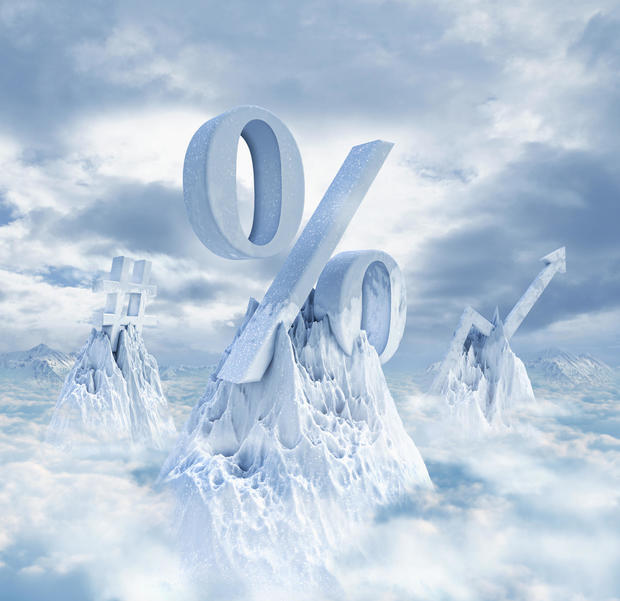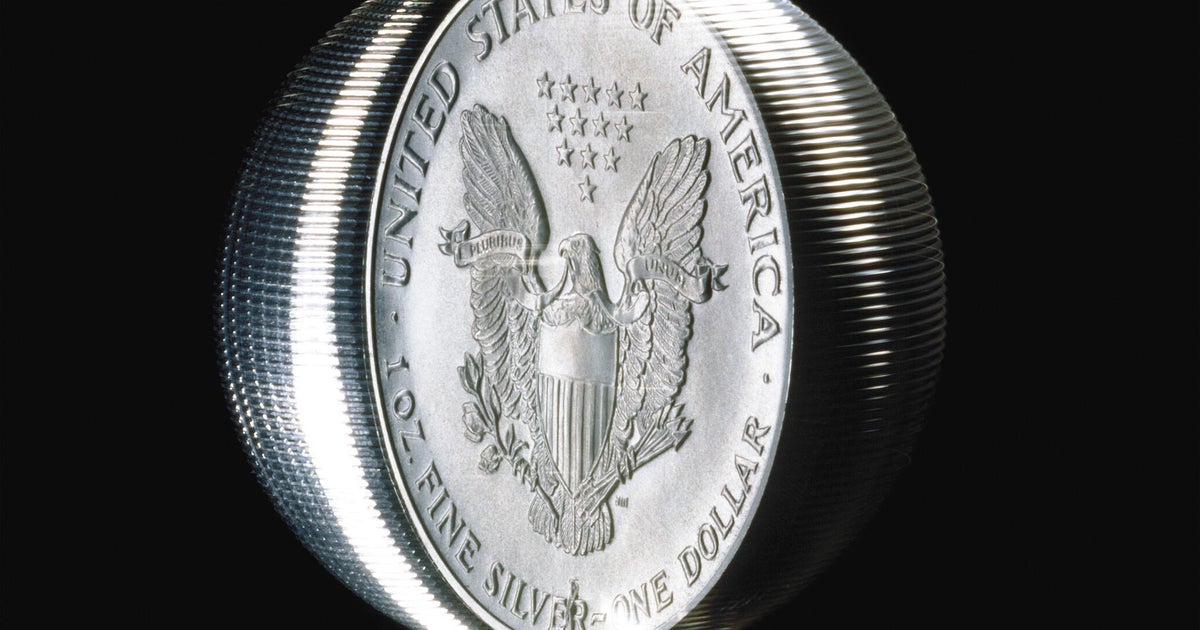How the interest rate pause could help credit card users
Inflation climbed during the COVID-19 pandemic, and prices rose so fast that the Federal Reserve took action, increasing interest rates multiple times in an attempt to hamper consumer spending and bring the inflation rate down. In turn, those with credit card debt watched their minimum payments increase with every Federal Reserve rate hike that occurred.
When inflation subsequently cooled, though, the Fed paused rate hikes, keeping its target federal funds rate unchanged for the last few months. And, the Fed announced yesterday that rate hikes would remain on hold at least until the next Federal Open Markets Committee (FOMC) meeting — which could be good news for credit card users. Here's why.
Debt relief is just around the corner. Learn more about your options now.
How the interest rate pause could help credit card users
The federal funds rate target forms the foundation for the interest rates consumers pay on lending products, like credit cards. When the Fed increases rates, the prime rate typically follows, leading to higher credit card interest and minimum payments.
Alternatively, when the Fed reduces its target federal funds rate, consumer lending rates tend to decline. With that in mind, there are two ways the hold on interest rate hikes may be good for credit card users:
Interest rates aren't likely to increase
"The pause on the Federal Reserve hiking interest rates can be a great time for people who have balances on their credit cards," says Dawn-Marie Joseph, founder of Estate Planning & Preservation. "This pause will give them the opportunity to pay more on that credit card balance with the interest rate they are currently paying. Banks and credit card companies will probably follow suit with the Federal Reserve and keep the rates where they are."
Don't continue the cycle of debt. Tap into debt relief today.
Minimum payments will remain steady
When the Federal Reserve increased interest rates, you may have watched your credit card minimum payments head upward, too. But with the current hold on interest rate hikes, your payments shouldn't increase anymore — unless you add more debt to the mix.
What to do if you're struggling with credit card debt
Credit card debt is nothing new. As of the third quarter of 2023, Americans owed about $1.08 trillion to credit card companies. Unfortunately, those who have balances on their credit cards may not see a feasible way to pay off those balances quickly.
But even if you don't see a way to pay your debts off in a reasonable amount of time, some solutions could cut thousands of dollars off what you owe and lessen the time it takes to pay off your credit cards.
Two types of debt relief to consider
There are two common forms of debt relief to choose from. These include:
Debt consolidation programs
Debt consolidation programs work with your lenders to negotiate better repayment terms on your behalf and create a payment plan for you that's designed to get you out of debt quickly and affordably. You'll make your monthly payments to the debt consolidation company and the company will make payments to your lenders.
Debt settlement programs
A debt settlement company will usually instruct you to stop making payments to your credit card companies and start paying them instead. The money paid to the debt settlement company is held in a special-purpose savings account until you've saved enough money to start settling your debts.
Then, the debt settlement company negotiates settlements with your creditors on your behalf. The goal of the negotiation is to get the creditor to accept less than you owe to settle the debt.
Although debt settlement may save you significant amounts of time and money, it can also have a detrimental impact on your credit score. You may also have to pay taxes on the portion of your debt your creditors write off.
The bottom line
The Fed's rate hike pause means your credit card interest rates and minimum payments will likely remain steady for the time being. That's great news if you can afford your current payments. However, if you're struggling to make your minimum payments and see no feasible way out of credit card debt, it could benefit you to consider reaching out to a debt relief service for help.




